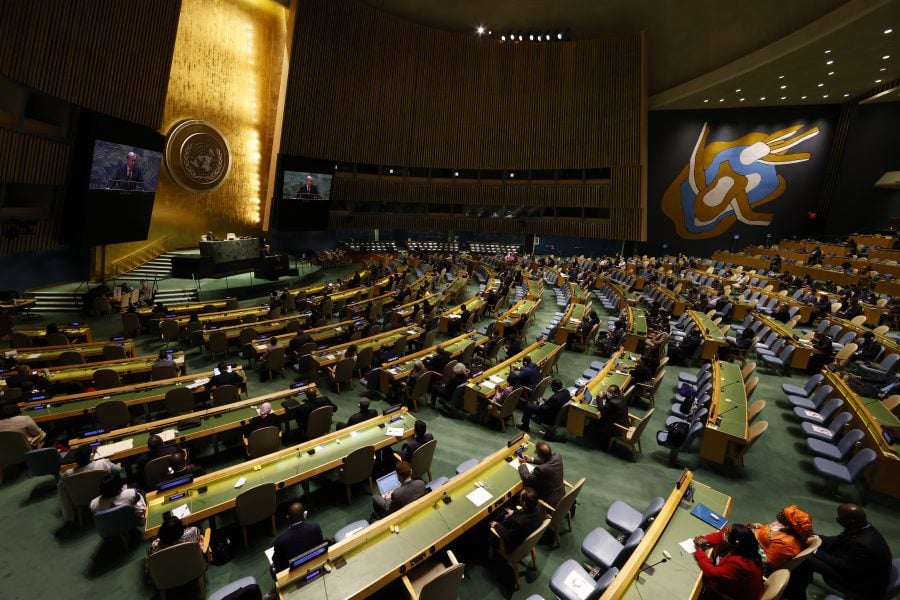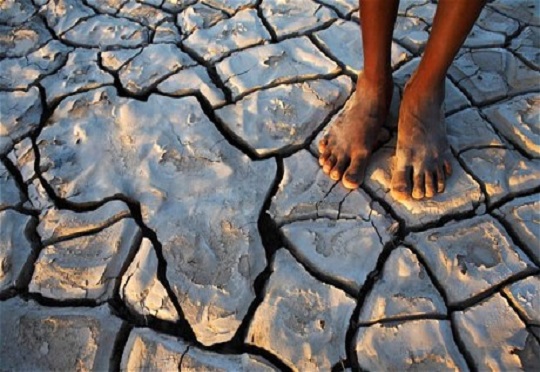 The coronavirus pandemic and its economic consequences in host countries will have a negative impact on migrants’ money transfers to Africa, which are expected to fall sharply in 2020, according to World Bank experts.
The coronavirus pandemic and its economic consequences in host countries will have a negative impact on migrants’ money transfers to Africa, which are expected to fall sharply in 2020, according to World Bank experts.
The COVID-19 pandemic is a blow to the economy of the countries on the African Continent, the experts say.
In 2019, African migrants’ remittances reached $707 billion, an increase of 3.5% over the previous year.
The remittances benefit Africa on many ways and particularly help improve the foreign exchange reserves and the current account balance of many African countries. They have a significant positive impact on African economies.
For example, in Southern Sudan, diaspora transfers reached $1.3 billion, representing the equivalent of 34.4% of the country’s GDP. In Senegal, diaspora remittances exceed 10.5% of GDP.
Similarly, these transfers have a significant social impact at the level of the Continent by helping populations to meet their basic needs (food, health, education, etc.). Many projects (market gardens) are carried out in many African villages thanks to migrants’ money transfers.
A recent World Bank ranking positions Egypt as the leading recipient in Africa of remittances from its expatriates. Latest available figures show that Egyptians settled abroad, in particular in the Gulf countries, the United Kingdom and the United States, have transferred home $26.8 billion.
It is followed by Nigeria, with its 200 million inhabitants and a strong diaspora scattered in many countries, especially Anglo-Saxon countries (UK, USA…), which received $23.8 billion.
Morocco comes third with total remittances worth $6.7 billion in 2019.
Other countries such as Ghana ($3.5 billion), Kenya ($2.8 billion), Senegal ($2.5 billion), Tunisia ($1.9 billion), DR Congo ($1.8 billion), Algeria ($1.8 billion) and Zimbabwe ($1.7 billion) complete the ranking.
While these transfers do good to Africa, it is important to notice that the cost of transferring money by migrants to the African continent remains exorbitant compared to the rest of the world.



